Realism, a paradigm deeply ingrained in the belief that world politics is an enduring struggle among self-interested states for power and position within the anarchic international system, came to prominence during the interwar period (1919–1939). This article delves into the intricate historical context, the influential works of key scholars, and the nuanced ideas and assumptions that underpin the realism paradigm.
Table of Contents
Historical Context:
Realism surfaced as a formidable counterforce to idealism during the interwar period (1919–1939). Critics, including prominent figures like E.H. Carr, Hans J. Morgenthau, and Reinhold Niebuhr, scrutinized idealists for neglecting the significance of power, overestimating human rationality, harboring the misguided belief that nation-states shared common interests, and maintaining an overly optimistic view regarding the prevention of war.
The onset of World War II in 1939 served as a poignant validation, underscoring the realists’ assertion that the idealists’ approach to the study of International Relations (IR) was fundamentally inadequate. This pivotal period, spanning the 1930s to the 1940s, witnessed a heated debate between idealists and a new generation of realist thinkers, culminating in the triumph of realism. Eminent scholars like E.H. Carr, Hans J. Morgenthau, and Reinhold Niebuhr emerged victorious in shaping the discourse and solidifying the realist perspective as a dominant force in the field of International Relations.
What is Realism?
Realism is a school of thought in international relations that posits a pragmatic and power-centric view of the world. It underscores the significance of state interests, power dynamics, and the competitive nature inherent in the international system. At its core, realism contends that states, driven by self-interest, engage in a perpetual quest for power and security within the anarchic international environment, where no overarching authority governs interactions.
Realism is further classified into two ideals with the evolving society and the national interests: Classical Realism and NeoRealism
Classical Realism is based on the idea Power Politics in terms of Egoism. Whereas, Neorealism developed upon the anarchic nature of society.
Classical Realism
Classical realism, also known as traditional or human nature realism, asserts that the root cause of international conflict lies in the inherent nature of human beings. It contends that humans are inherently self-interested, power-seeking, and predisposed to conflict. The state, viewed as the principal actor, is seen as a rational entity driven by self-interest in its pursuit of security and survival. Moreover, classical realists stress the importance of historical context and traditions, contending that the study of history provides valuable insights into enduring patterns of international behavior.
E.H. Carr, a prominent figure in classical realism, challenged idealistic notions prevalent during the interwar period. In his influential work, “The Twenty Years’ Crisis: 1919-1939,” Carr criticized utopianism and advocated for a more grounded understanding of international relations. According to him, morality can only be relative, not universal. He highlighted the role of power politics, the pursuit of national interests, and the inevitable role of force in shaping global affairs.
Hans Morgenthau, regarded as Pope of IR, another key figure in classical realism, further developed these ideas in his seminal work, ‘Politics Among Nations: The Struggle for Power and Peace (1948).’ Morgenthau introduces the concept of “animus dominandi,” emphasizing the inherent human lust for power. This desire for power inevitably leads to conflicts between individuals and nations.
He developed the science of “Power Politics” and called it a “Political Man” who has an uncontrollable urge to dominate others. He defined, “international politics like all politics is a struggle for power”. He outlined the concept of political realism, asserting that foreign policy should be guided by objective laws that reflect the harsh realities of power politics.
Six Principles of Morgenthau:
1.Objective Laws Rooted in Human Nature:
Politics is governed by objective laws rooted in human nature, forming the basis for a rational theory of International Relations (IR) that reflects these inherent laws.
2.Autonomous Sphere of Politics:
Politics is an autonomous sphere, distinct from economics and personal morality, with its own set of principles guiding state behavior.
3.National Interests in Political and Cultural Context:
International politics revolves around national interests, shaped by the political and cultural context within which foreign policy is formulated.
4. Divergence of Political Ethics from Universal Moral Principles:
Political ethics, according to Morgenthau, differs from universal moral principles, emphasizing the pragmatic considerations that guide statecraft.
5. Limitations on Imposing National Aspirations:
Nations cannot impose their national aspirations on others, acknowledging the sovereignty and autonomy of individual states.
6. Pessimistic Knowledge of Human Nature:
Morgenthau places a pessimistic understanding of human nature at the center of international politics, highlighting the realism perspective that individuals and states are inherently motivated by self-interest.
Hegemonic Stability Theory
Hegemonic Stability Theory (HST) proposes that a stable global system hinges on the presence of a dominant leader or hegemon, responsible for establishing and upholding the rules governing international relations. Charles Kindleberger, often considered the theory’s founder, argued in his 1973 book “The World in Depression: 1929-1939” that the economic chaos leading to the Great Depression was partly due to the absence of a world leader with a dominant economy.
Kindleberger’s insight extends beyond economics, suggesting that stability in the global system, encompassing politics and international law, relies on a hegemon to formulate and enforce the system’s rules. Other influential figures in HST include Robert Gilpin and Stephen Krasner.
In his significant work, Robert Gilpin conceptualizes world history in terms of imperial cycles until late modern times, highlighting the succession of hegemonies during this period. Gilpin challenges balancing and the balance-of-power theory, asserting that the global system naturally tends toward equilibrium. Following a global or “hegemonic war,” a new hegemon emerges and establishes a new world order, often by providing public goods. For example, the United States’ post-1945 hegemony involved initiatives like the International Monetary Fund, the Bretton Woods system, the World Bank, security alliances (e.g., NATO), and efforts towards democratization.
Gilpin further contends that the more decisive the victory in a “hegemonic war,” the more stable the ensuing global system will be. However, he acknowledges the inevitability of hegemonic decline, attributing it to factors such as imperialistic overstretch and a shift in the distribution of power, allowing rising states to challenge the existing hegemon. Ultimately, Gilpin predicts that a dissatisfied great power approaching the current hegemon’s strength will trigger a new global war, perpetuating the cyclical nature of hegemonic rise and fall.
The term “Hegemonic stability theory” was coined by Robert Keohane in a 1980 article. However, in his 1984 book “After Hegemony,” Keohane challenges HST by employing insights from new institutional economics. He argues that the international system can maintain stability even without a hegemon, questioning the necessity of hegemonic dominance for global order.
Overall, International Relations centers on understanding state interactions, with Classical Realism offering a diverse set of assumptions rather than a singular theory. Rejecting idealism, Realism emphasizes practical, power-centric dynamics in global politics. It cautions against the illusion of achieving harmonious international peace, highlighting the competitive nature of states. Realism also recognizes the dual role of the state, organized for potential conflict yet tasked with ensuring domestic peace. This pragmatic lens provides a nuanced perspective on the complexities that define the global stage. In the words of Stephen Walt, “Realism is likely to remain the single most useful instrument in our intellectual”.
Important Works of Scholars on Classical Realism:
Reinhold Niebuhr, in his seminal work ‘Moral Man and Immoral Society’ (1932), offered a scathing critique of liberalism’s assumptions regarding the inherent goodness of human nature. He challenged the idealistic notion that individuals, when aggregated into societies, would naturally exhibit moral behavior.
E.H. Carr, through his influential work ‘The Twenty Years Crisis’ (1939), took aim at liberalism’s utopian beliefs. Carr contended that conflict was inevitable, driven by the scarcity of resources, and dismissed the optimistic liberal perspective that international relations could be guided by idealistic principles.
Post-World War II, Hans J. Morgenthau solidified classical realism with his seminal work ‘Politics among Nations: the Struggle for Power and Peace’ (1948). Drawing inspiration from ancient political thinkers Thucydides and Machiavelli, Morgenthau synthesized their ideas to support his own realist framework, emphasizing the enduring struggle for power in international relations.
In Ancient Greece, Thucydides’ Melian Dialogue underscored the significance of power and warned against the perils of weakness, encapsulated by the famous quote: “the strong do what they have the power to do, and the weak accept what they have to accept.” This historical account resonated strongly with classical realists, reinforcing their emphasis on power dynamics.
Classical realists also drew on the ideas of Niccolo Machiavelli, particularly from his work ‘The Prince.’ Machiavelli’s insights highlighted two crucial principles for a wise ruler: prioritizing policies over principles and endorsing the notion that the end justifies the means. These enduring principles became integral to the classical realist perspective, shaping their understanding of political strategy and statecraft.
Neo-Realism
Neo-realism, or structural realism, emerged as a response to classical realism. Pioneered by scholars like Kenneth Waltz, neo-realism shifts the focus from human nature to the structure of the international system as the primary determinant of state behavior. Waltz, in his seminal work “Theory of International Politics,” argued that the anarchic nature of the international system shapes states’ actions. Neo-realism introduces the concept of the state as a unitary rational actor, emphasizing the systemic pressures and power distribution in the international arena.
One significant concept within Neo-realism is the Security Dilemma, where a lack of trust among states leads to an arms race and heightened tension, ultimately providing no increase in security. Another important aspect is the Balance of Power, which involves the internal and external comparison of states based on their capabilities and power. The ranking of states helps identify great powers and determines the world order as uni, bi, or multipolar.
Key assumptions
- States are the exclusive actors in the international system.
- States exist and operate within a system of international anarchy.
- The structure of the international system is a major determinant of actors’ behavior.
- States are self-interest-oriented, prioritizing self-help and survival in a competitive and anarchic system.
- States are rational actors, selecting strategies to maximize benefits and minimize losses.
- The most critical challenge presented by anarchy is the survival of states.
- States view other states as potential enemies and threats to national security.
- Distrust and fear among states create a security dilemma, motivating the policies of most states.
Essentials of Realism (3Ss):
Survival:
- Pre-Condition to Other Objectives: Realists contend that survival is a pre-condition for achieving other objectives. Without ensuring the survival of the state, other pursuits become futile in the competitive international landscape.
- Significance of State Survival: Realists emphasize that state survival is paramount, underscoring the necessity of safeguarding the state’s existence to maintain relevance and influence.
- Futility of Achievements Without State Survival: Realists argue that without ensuring the survival of the state, all achievements, whether diplomatic or economic, become meaningless.
Self Help:
- Unreliable Nature of States for Security: Realists assert that in the international system, no state can be entirely relied upon for security. This viewpoint stems from the inherent self-interest of states, leading to a lack of trust.
- Difficulty in Trusting Others: Realists contend that states find it difficult to trust others due to the competitive and self-interested nature of international relations. This skepticism influences states to prioritize self-help strategies for security.
Statism:
- States as Unit of Analysis: Realists consider states as the primary actors and units of analysis in international relations, emphasizing their centrality in shaping global dynamics.
- State’s Use of Force for Security: Realists argue that states are bound to use force when necessary for their security, reflecting the belief in the importance of power and strength in the international arena.
- Inherent Importance of the State: Realists assert that without the state, meaningful accomplishments in international relations are unattainable, highlighting the state’s pivotal role in shaping global affairs.
Important Scholars of Neorealism
Scholars like J. J. Rousseau and Kenneth Waltz have contributed significant insights to the understanding of international relations and political systems.
In his 1750 work, “The State of War,” Rousseau challenges the notion that human nature inherently promotes fear, jealousy, suspicion, and insecurity. Instead, he posits that it is the anarchical system that cultivates these negative aspects.
Kenneth Waltz, a prominent figure in international relations since 1979, has offered a scientific explanation of the international political system. Through books like “Man, The State and War” (1959) and “Theory of International Politics” (1979), he contends that the structures of international politics, rather than human nature, dictate state behavior. Waltz introduces the concept of ‘Defensive Realism,’ suggesting that states seek to maximize security in their actions.
Waltz’s Neorealist Theory delves into the relationship between international structure (state units and relations) and outcomes (effects of state competition), emphasizing concepts like international anarchy, balance of power, and unequal state capabilities. Kenneth further argues that, ‘Power is risky if one has too little or too much’.
On the other hand, John Mearsheimer, in his 2001 book “The Tragedy of Great Power Politics,” introduces Offensive Realism. According to Mearsheimer, all states aim to maximize power as the optimal means to achieve peace. His Neorealist Stability Theory outlines conditions for stable bipolarity, as seen in Europe during the Cold War, and conditions for unstable multipolarity, evident in Europe before 1945 and after 1990.
Strategic realism by Thomas Schelling suggests that countries act smartly to achieve their goals in international affairs. It highlights the use of clever tactics, like nuclear deterrence, and emphasizes the importance of how nations manipulate others’ perceptions to safeguard their interests in a rational manner.
Fareed Zakaria, in his 1998 book “From Wealth to Power,” adds a nuanced perspective by asserting that not all states are ‘like units.’ He argues that some states are more adept at translating national power into state power. These scholars collectively enrich the discourse on international relations, offering diverse perspectives on the factors influencing state behavior and global stability.
John Herz, a key figure in international relations, contributed to the study of the security dilemma, where states’ actions for self-security intensify mutual distrust. While Herz is associated with realist thinking, the connection between realism and liberalism is explored by scholars in theories like neoliberal institutionalism, blending cooperation with power dynamics. Some of the famous works of John Herz are : “Security Dilemma” and “Realistic Liberalism“.
Conclusion
In conclusion, the exploration of Realism and NeoRealism in International Relations reveals the enduring significance of these theoretical frameworks. Realism emphasizes state-centric power dynamics and national interest, while NeoRealism adds structural elements to the analysis. Both theories provide valuable insights into the complexities of global politics, highlighting the role of power, security, and self-interest. Despite criticisms, their enduring relevance underscores their contributions to understanding the intricacies of international relations, making them essential tools for scholars and policymakers navigating the complexities of the contemporary global landscape.





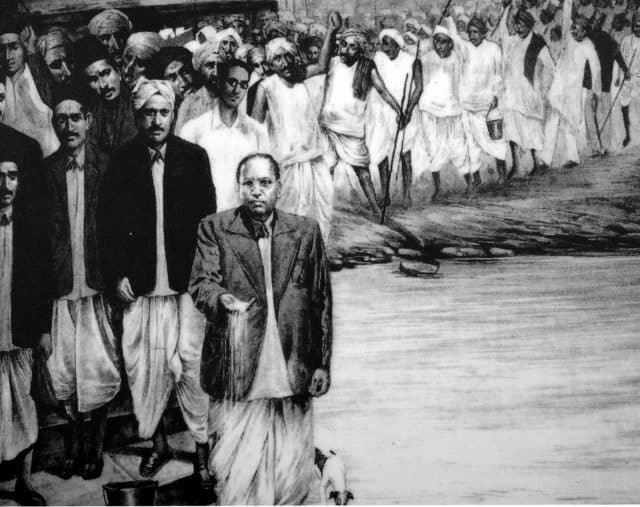

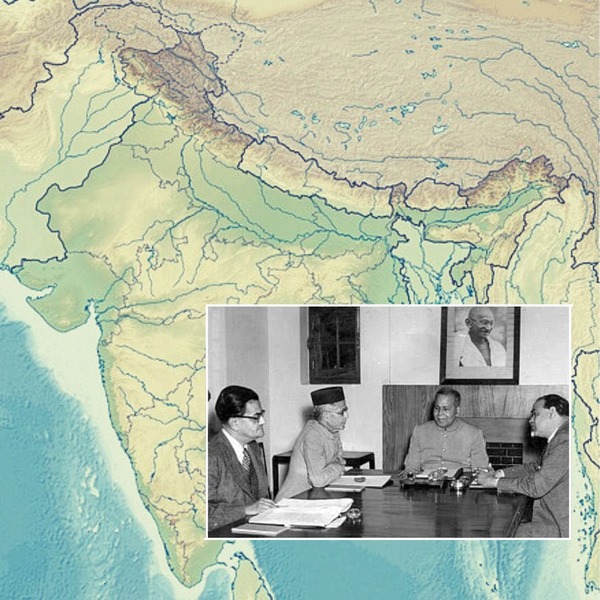
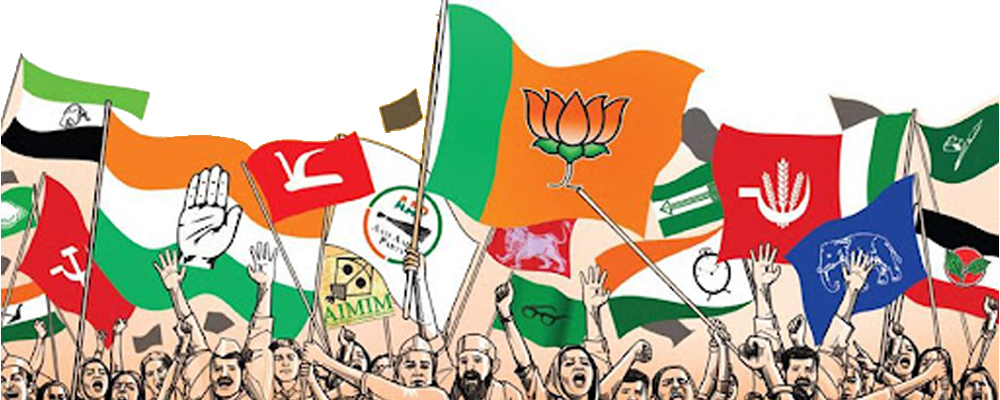
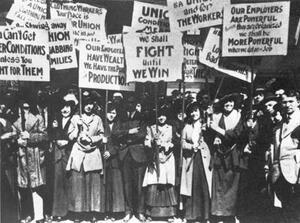



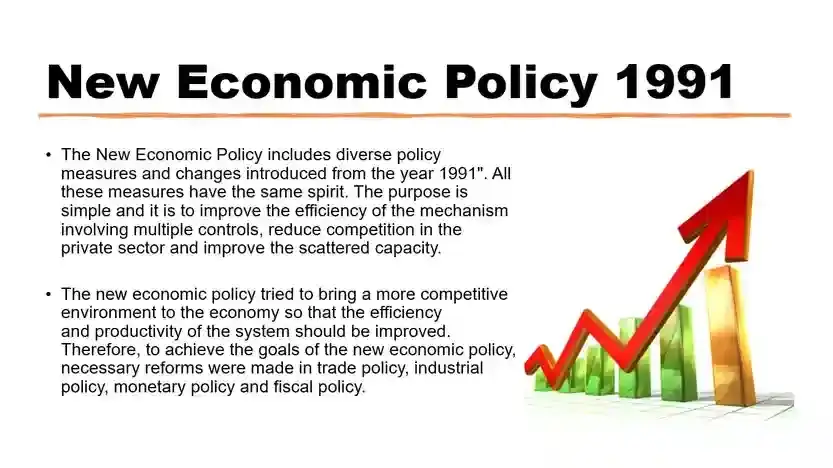

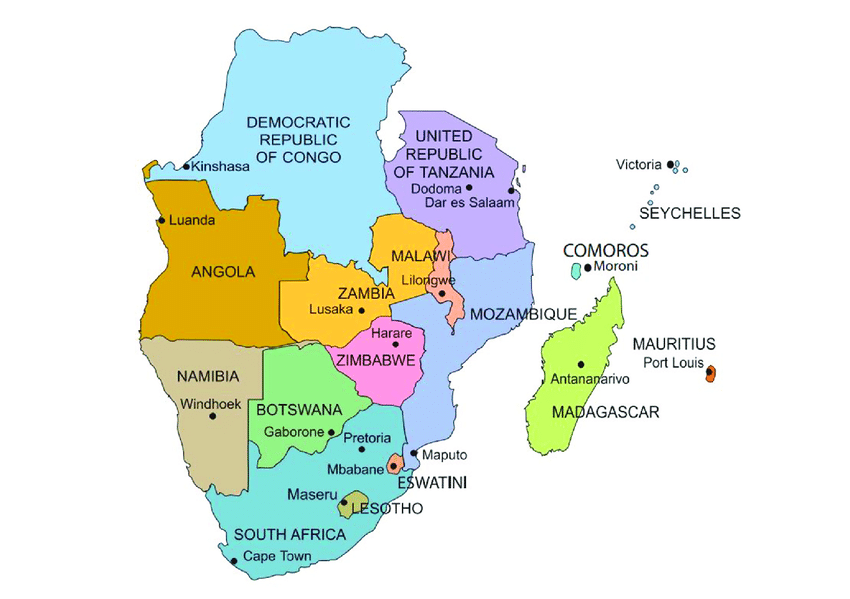

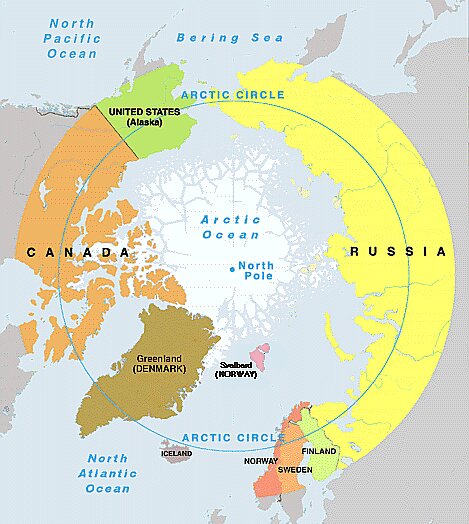

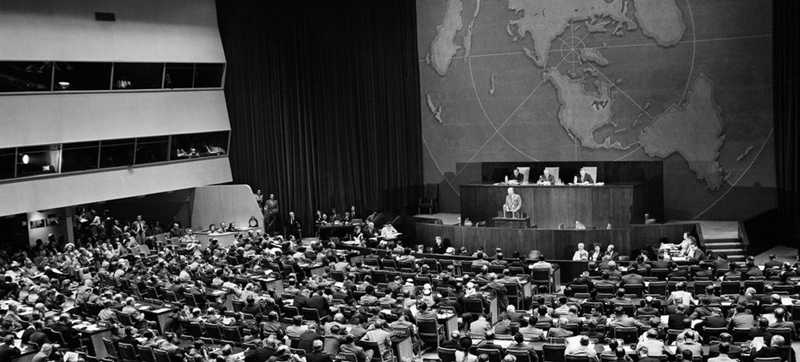
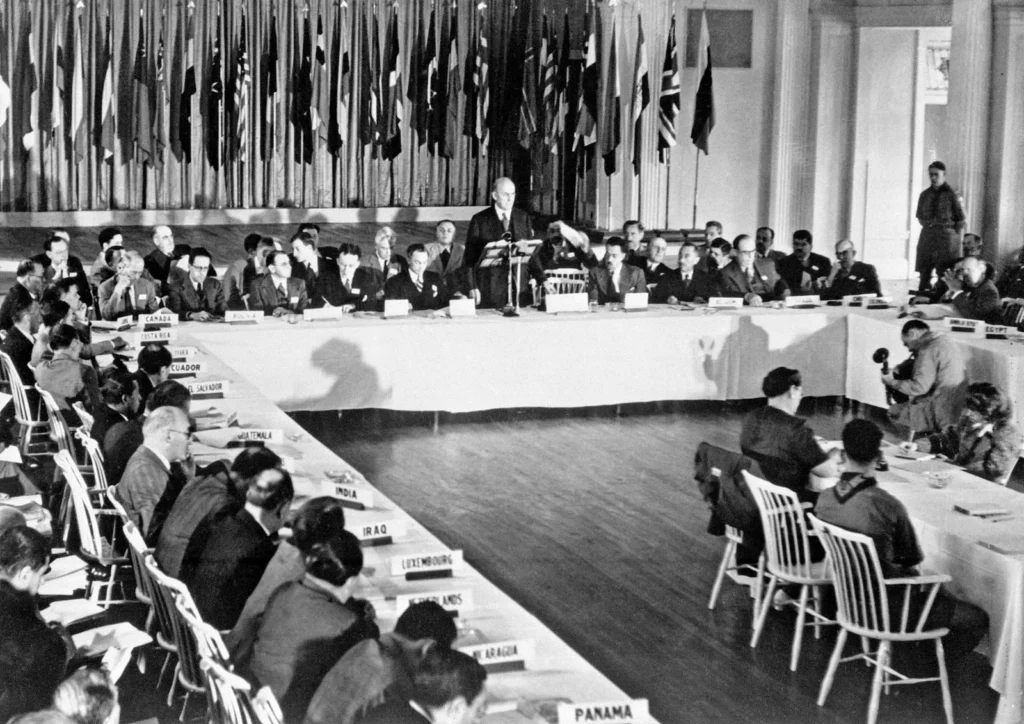
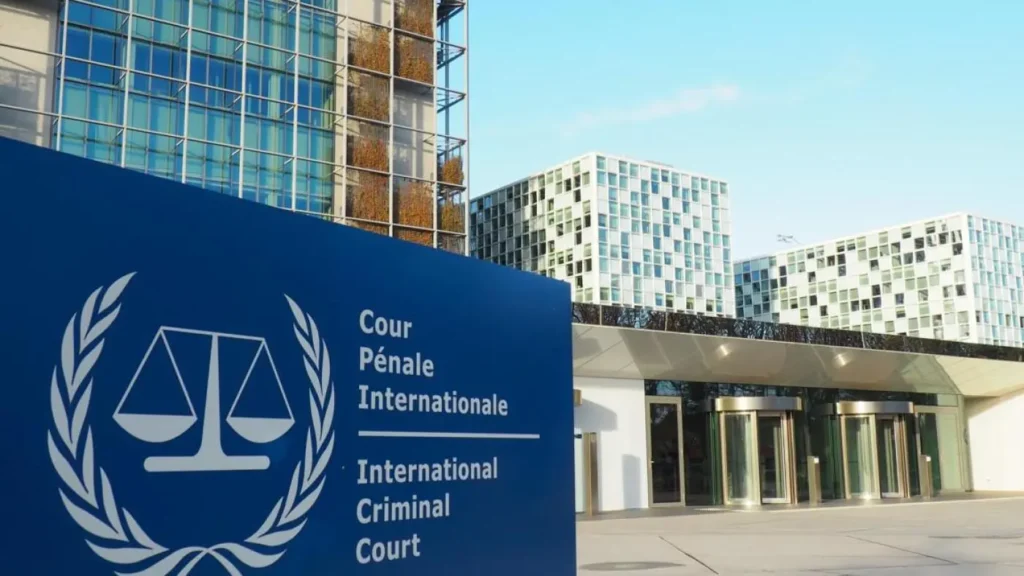
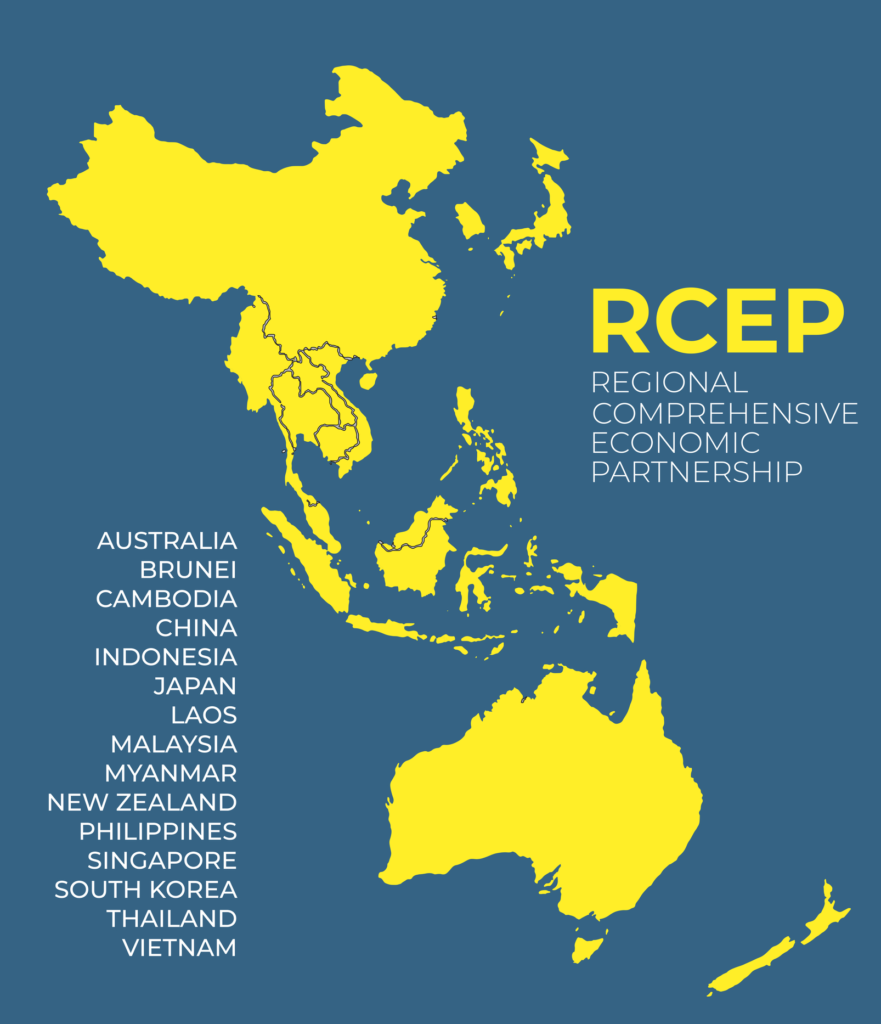

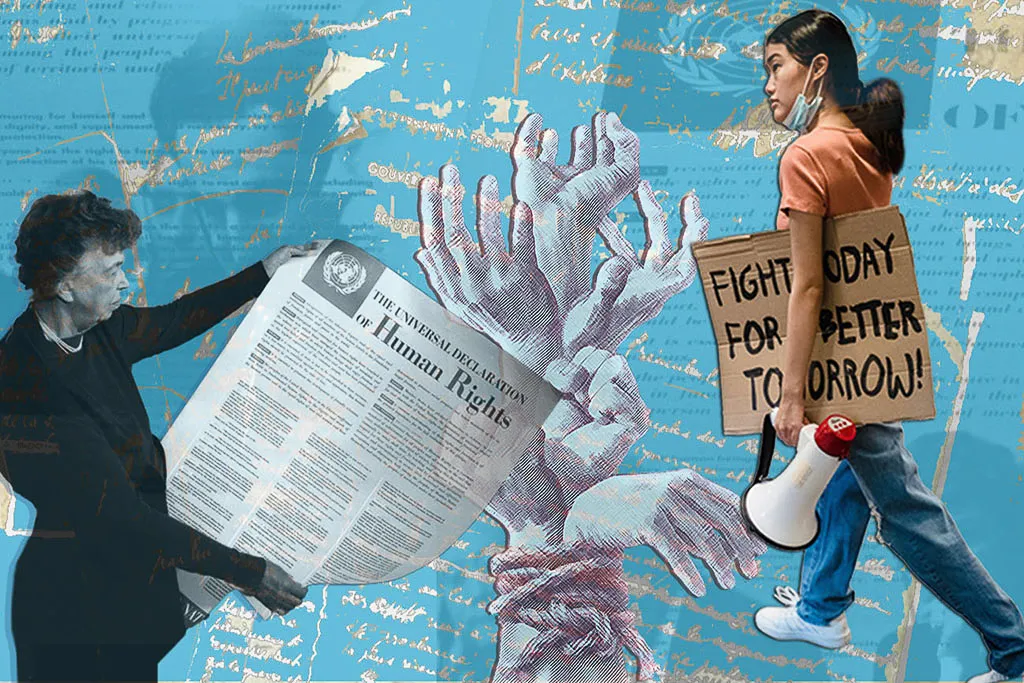
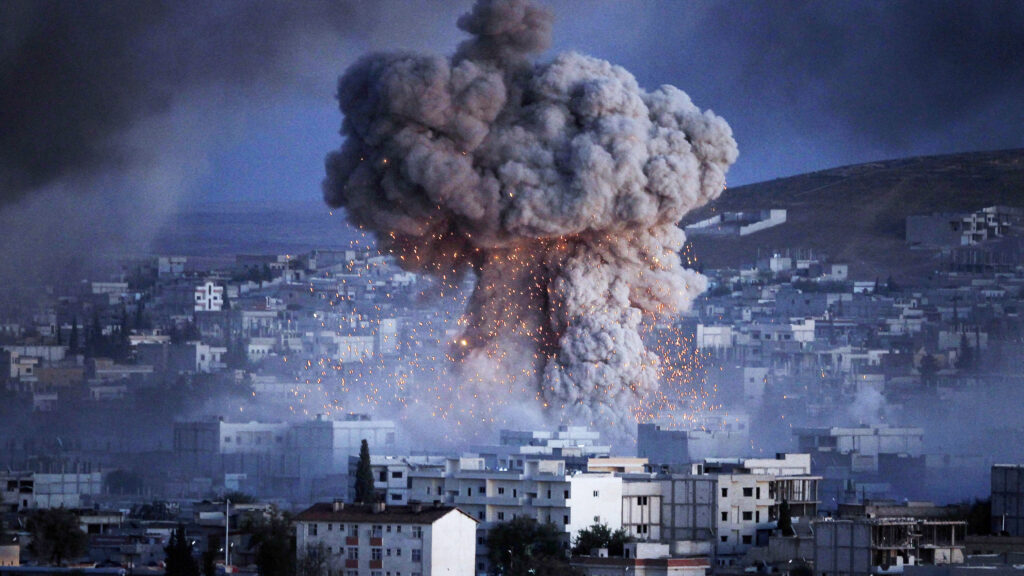
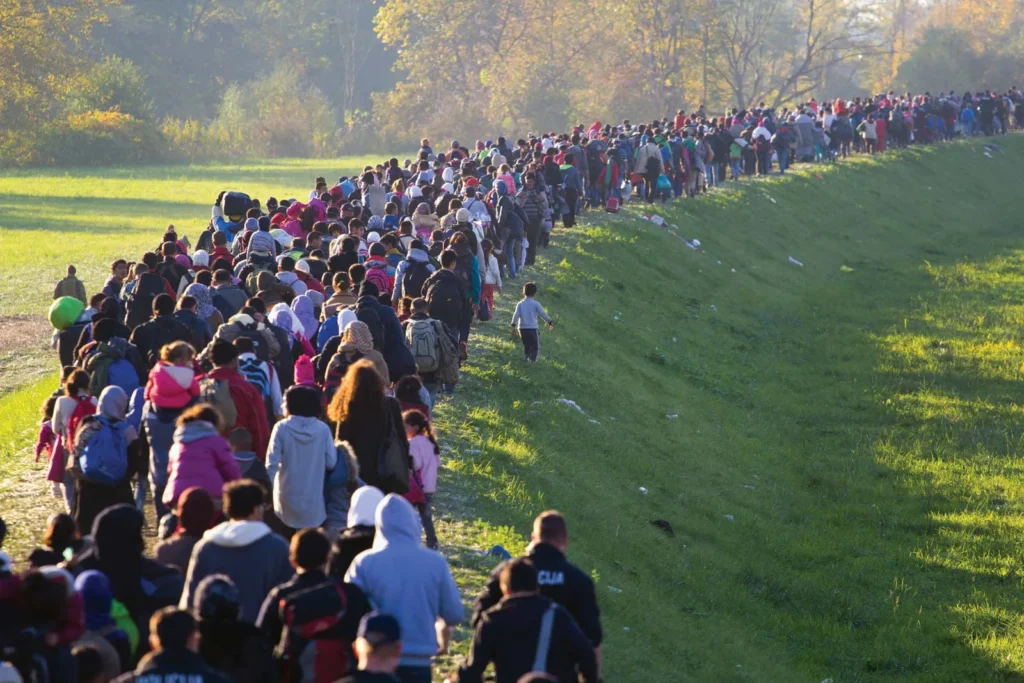
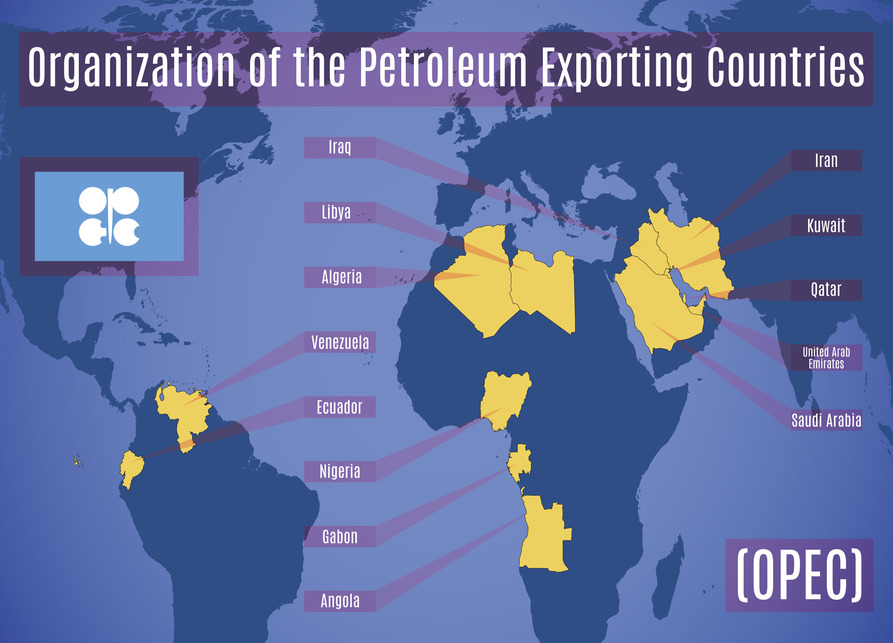
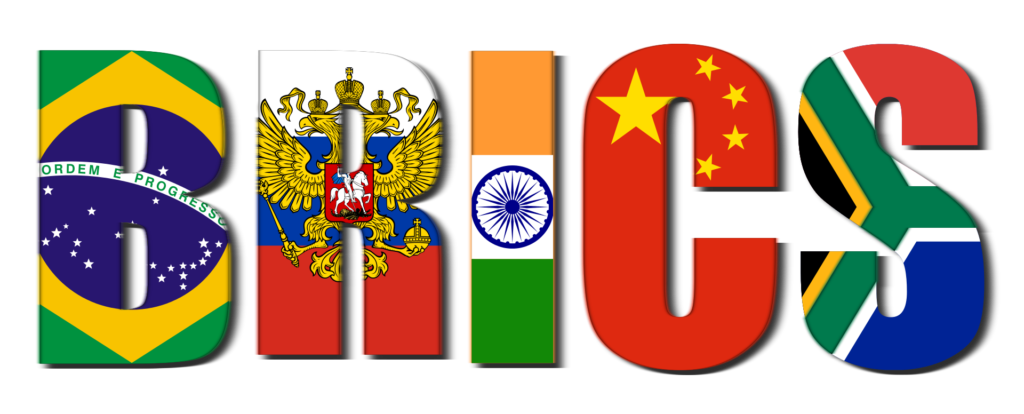
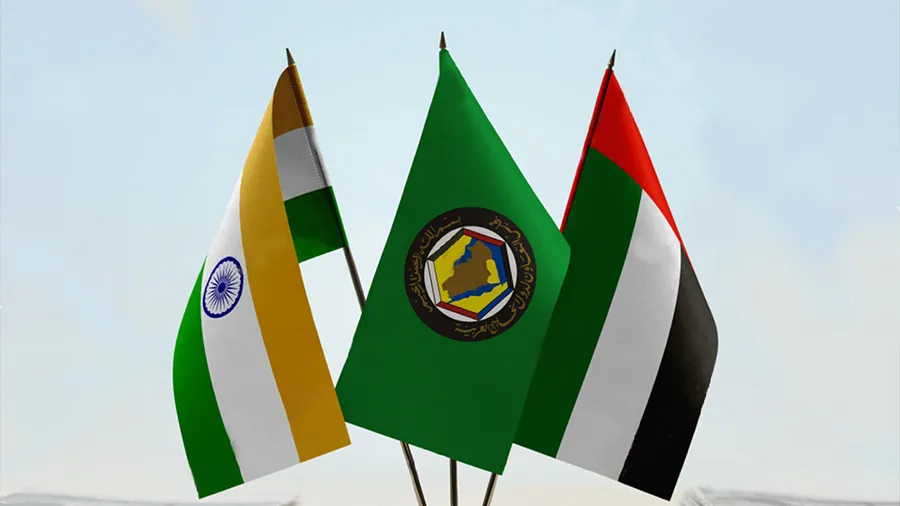
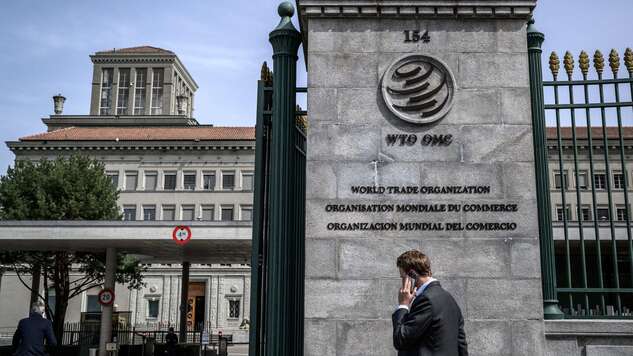

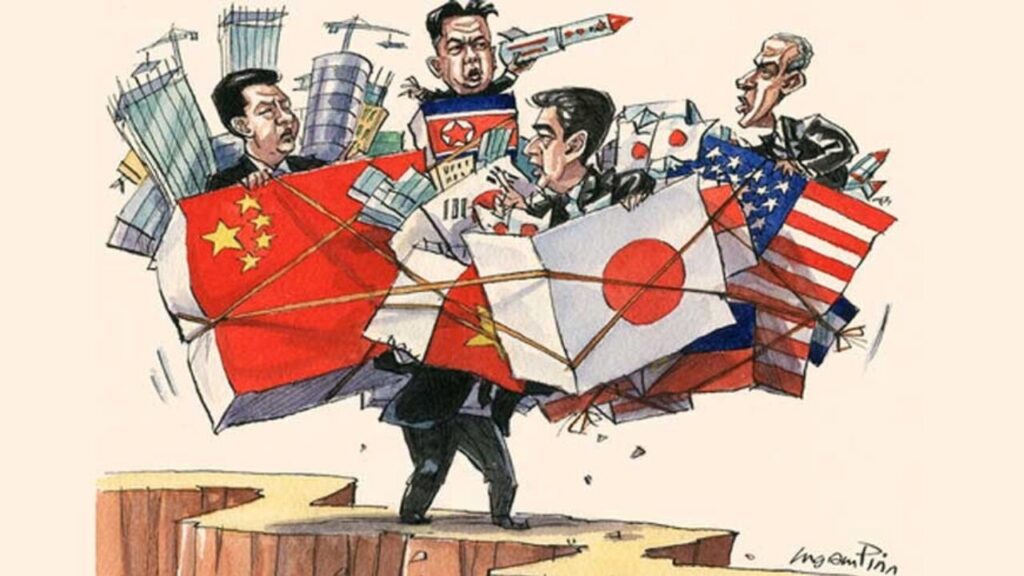
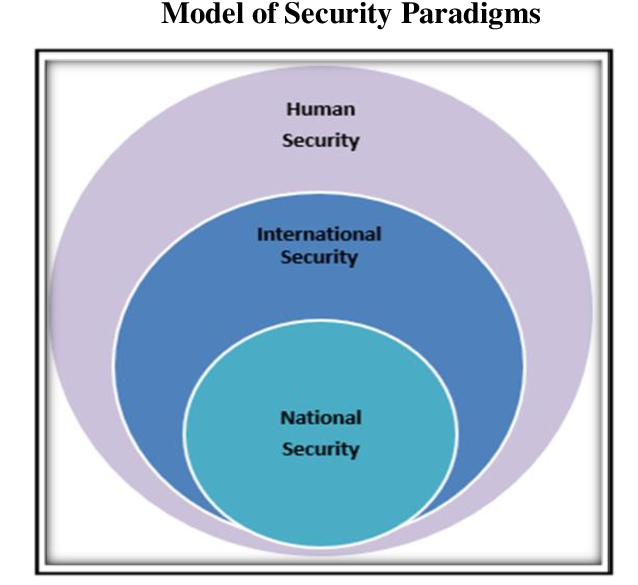

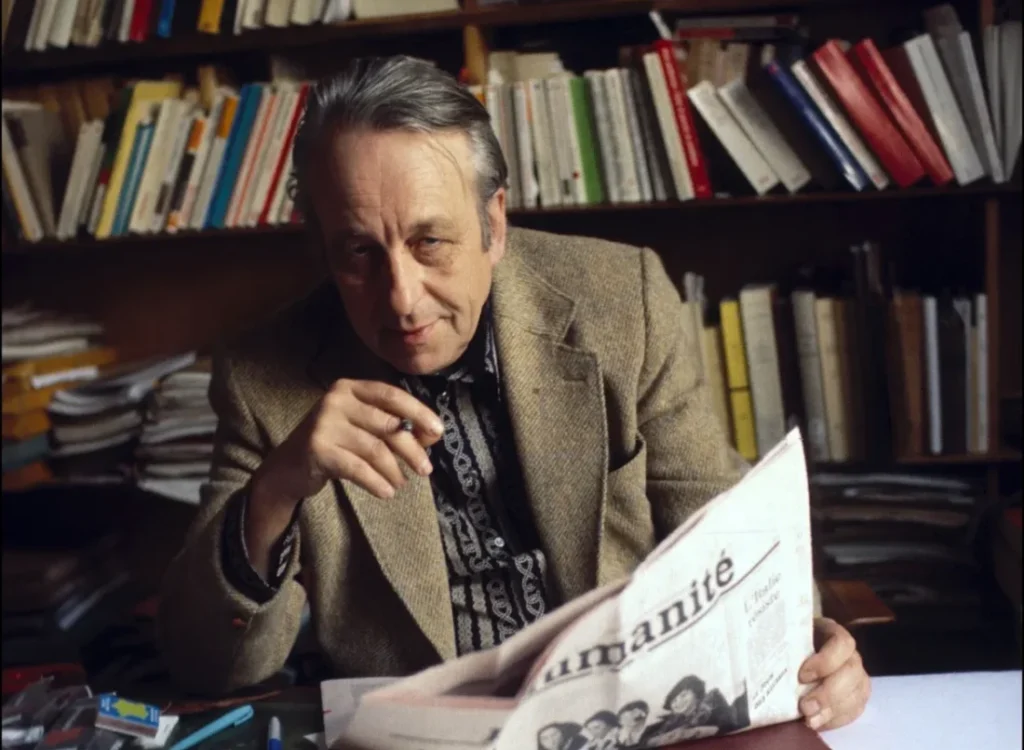
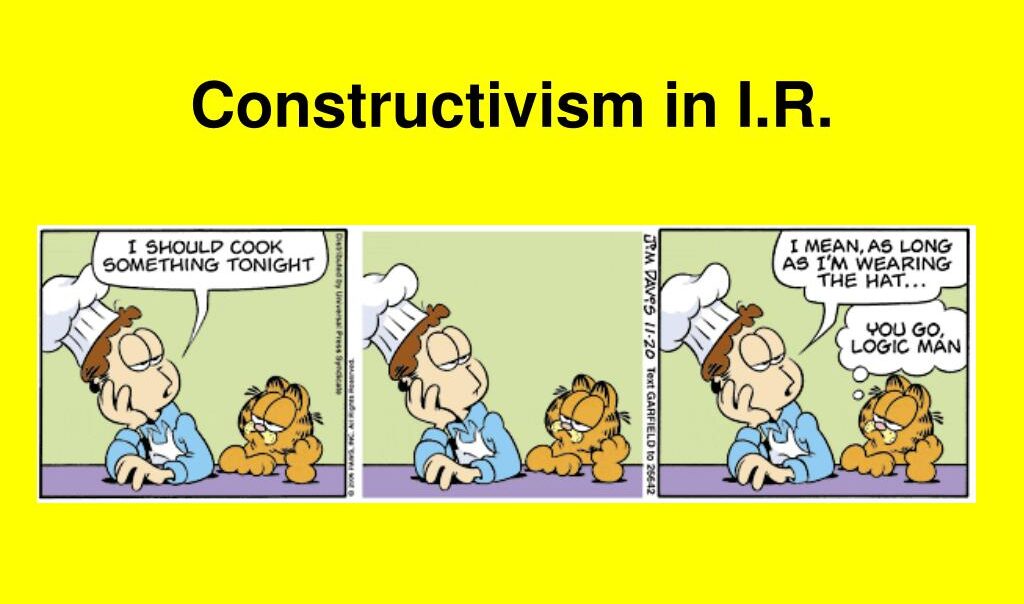
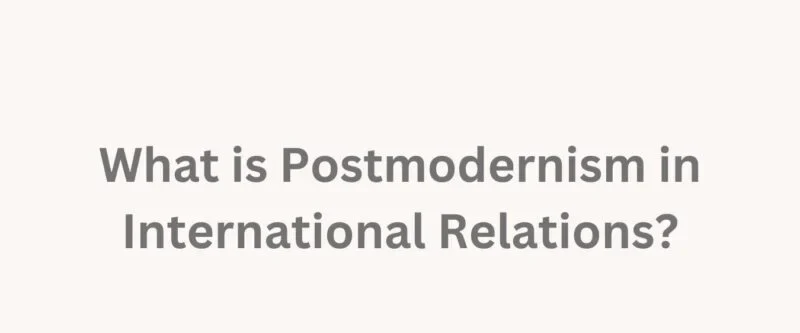

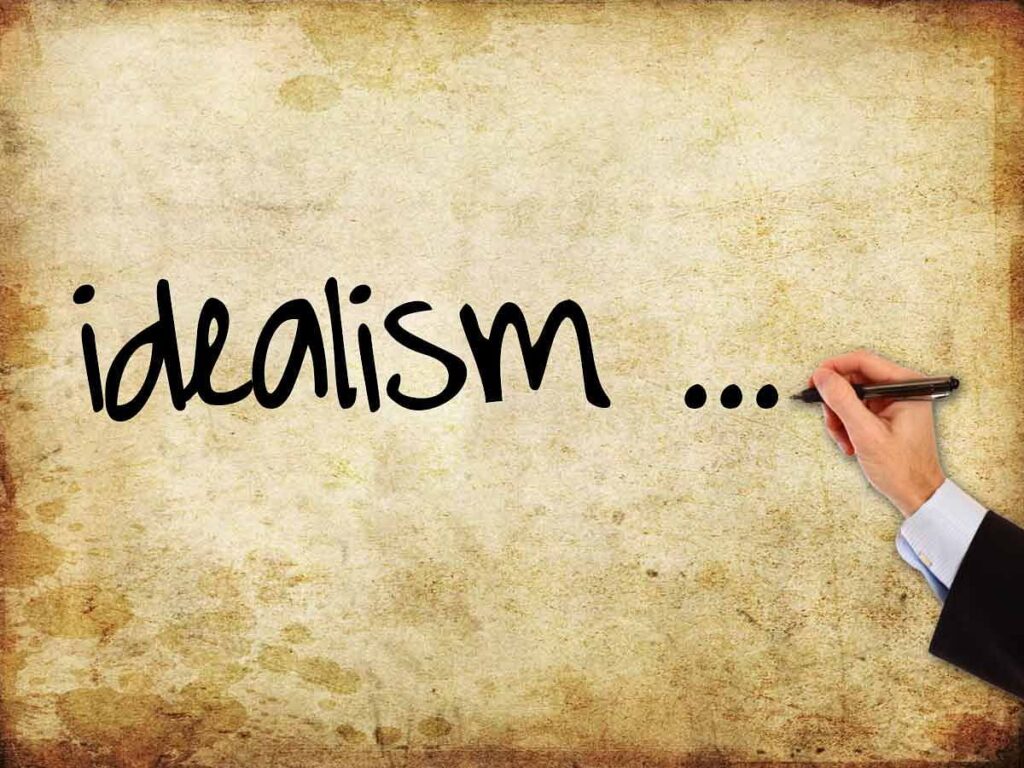
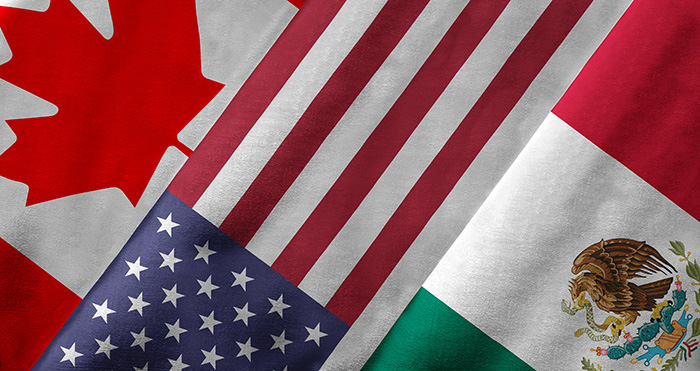
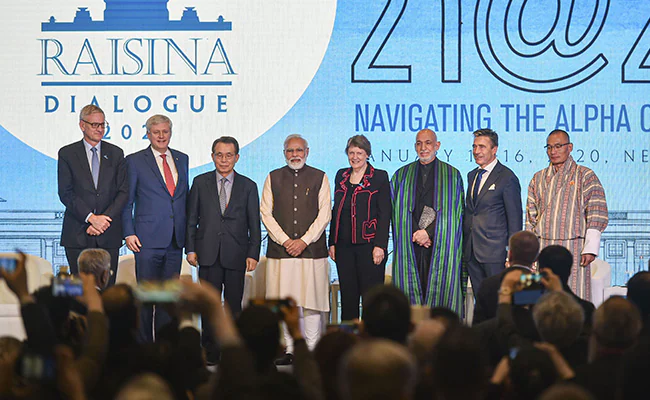
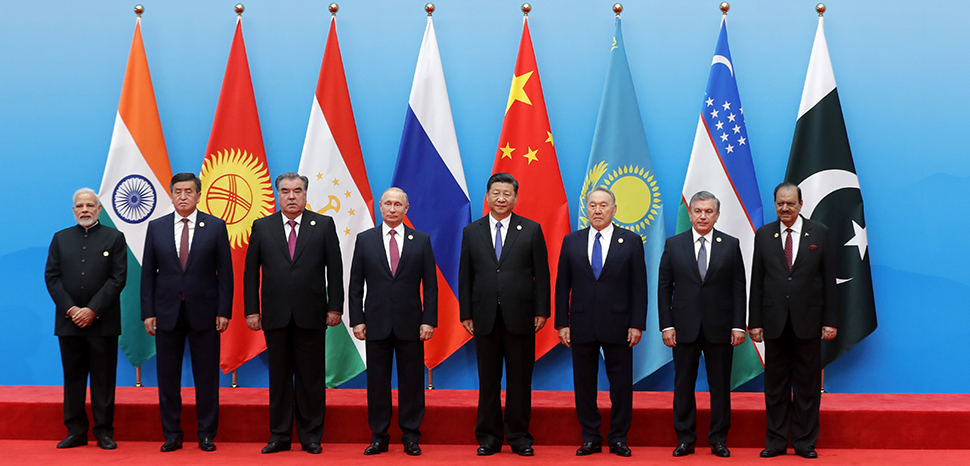
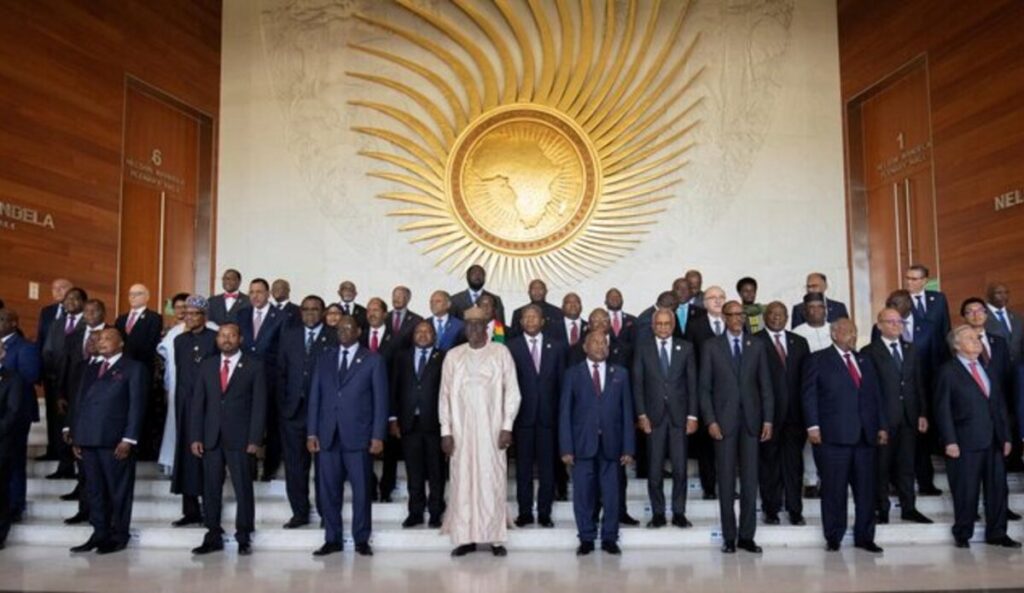
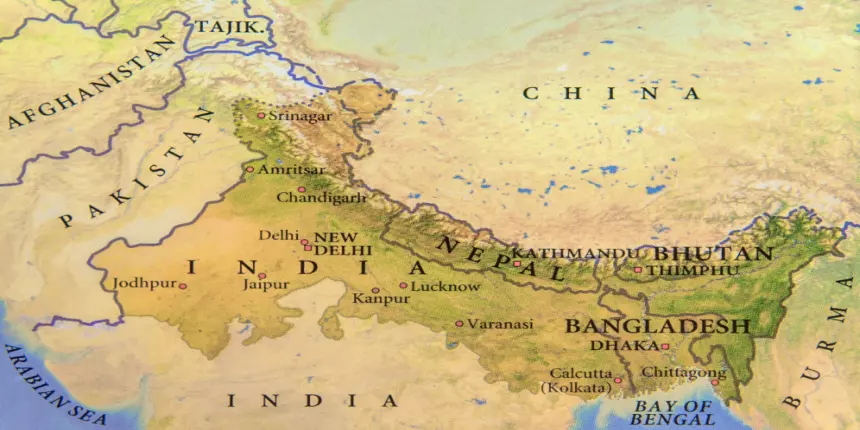
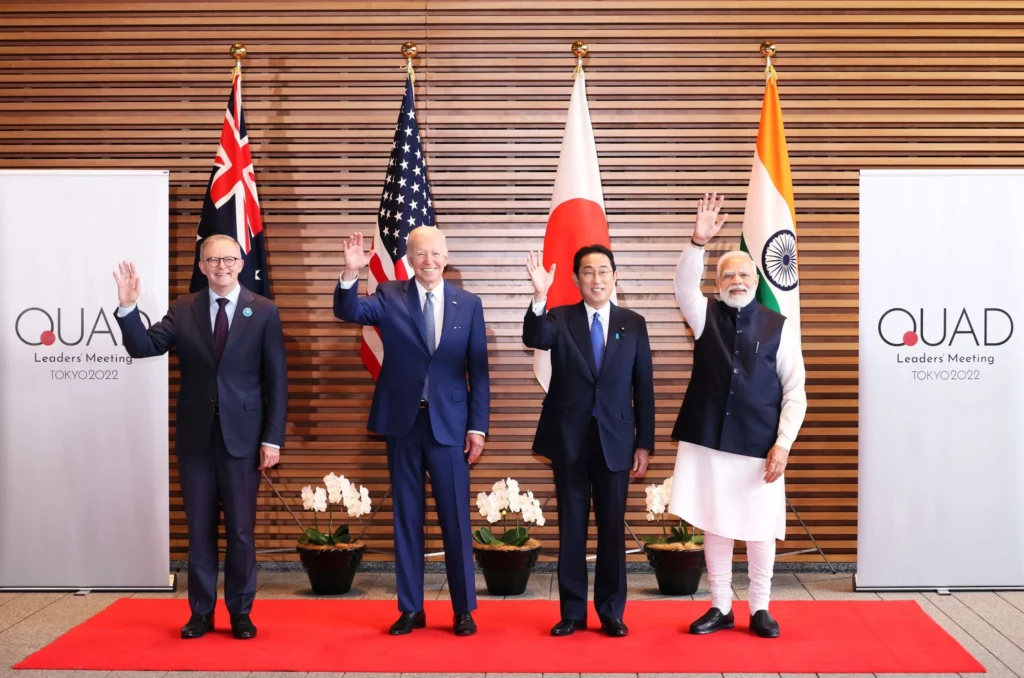
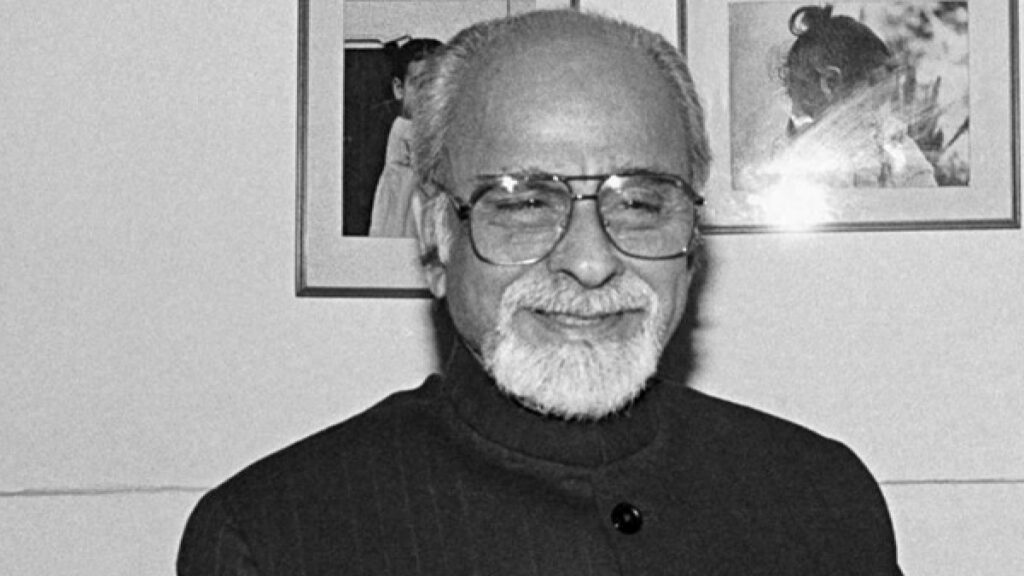

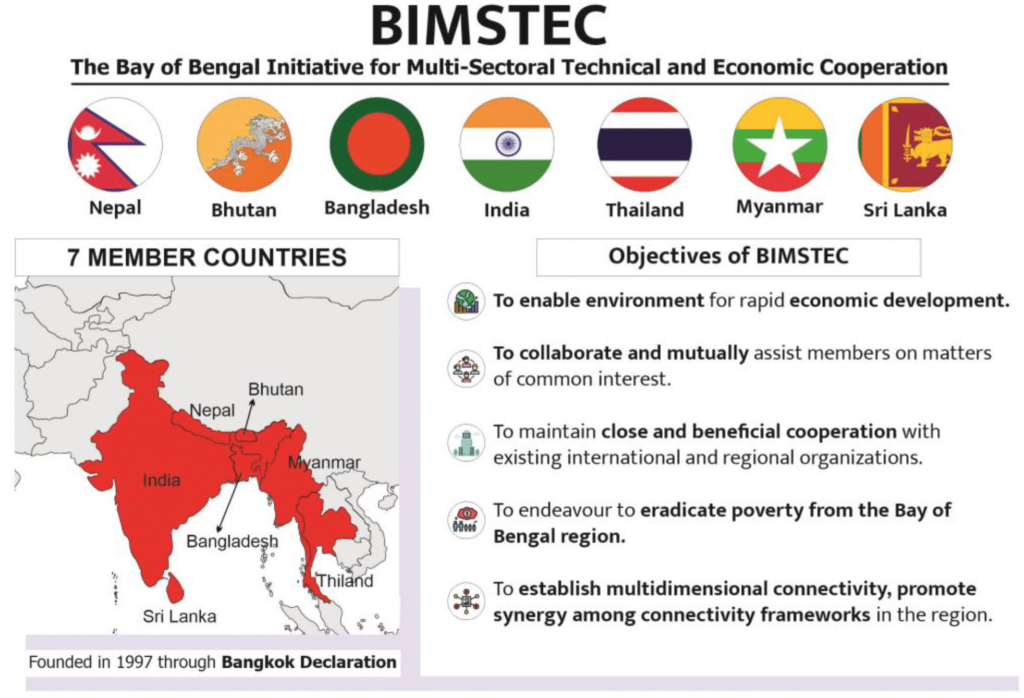
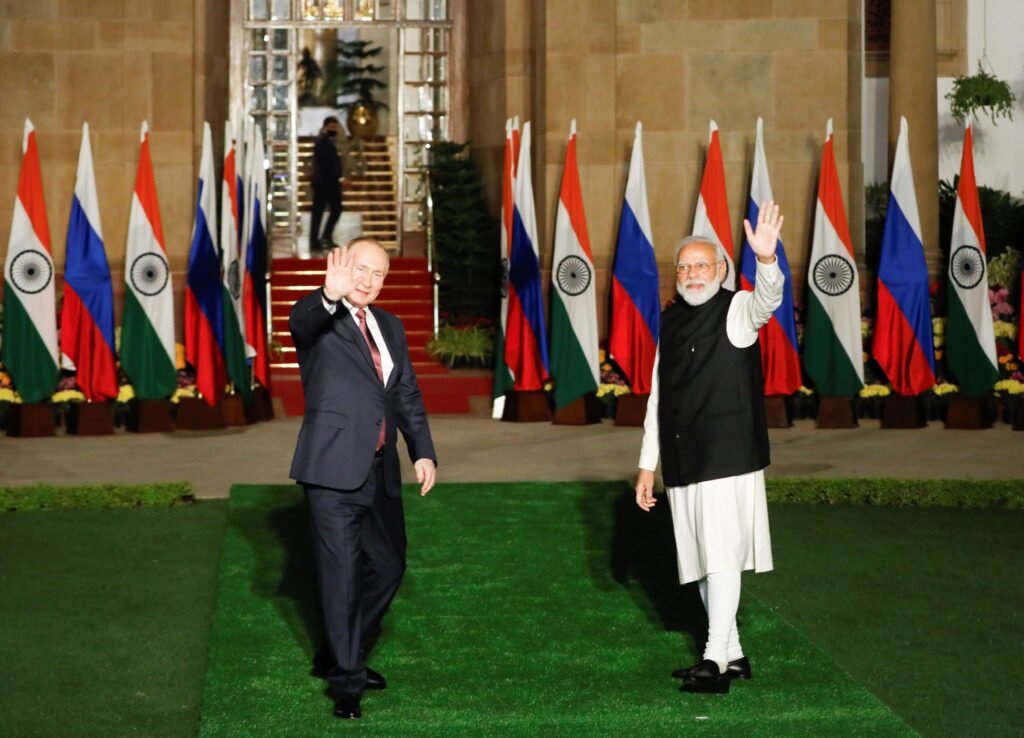
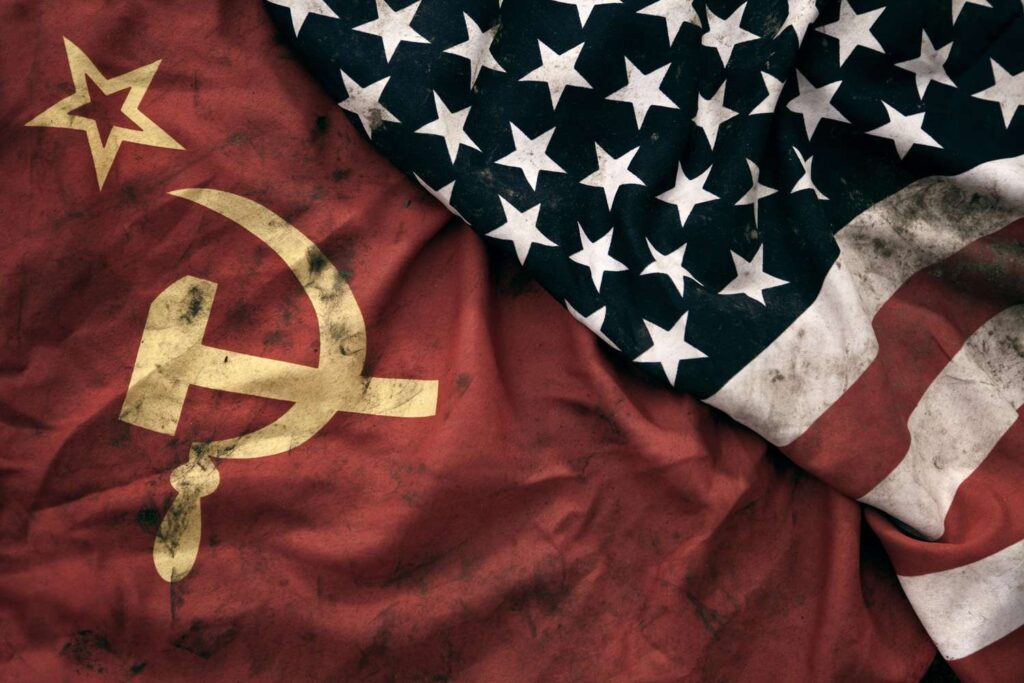


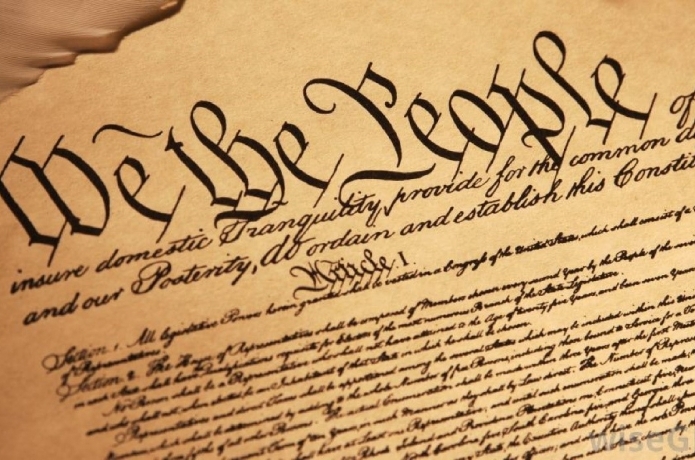
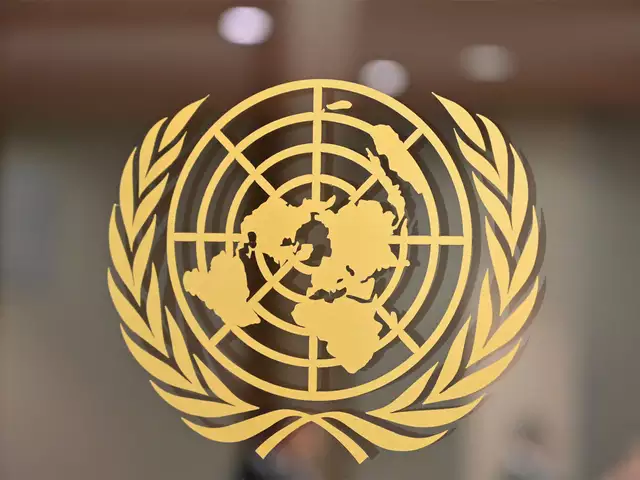

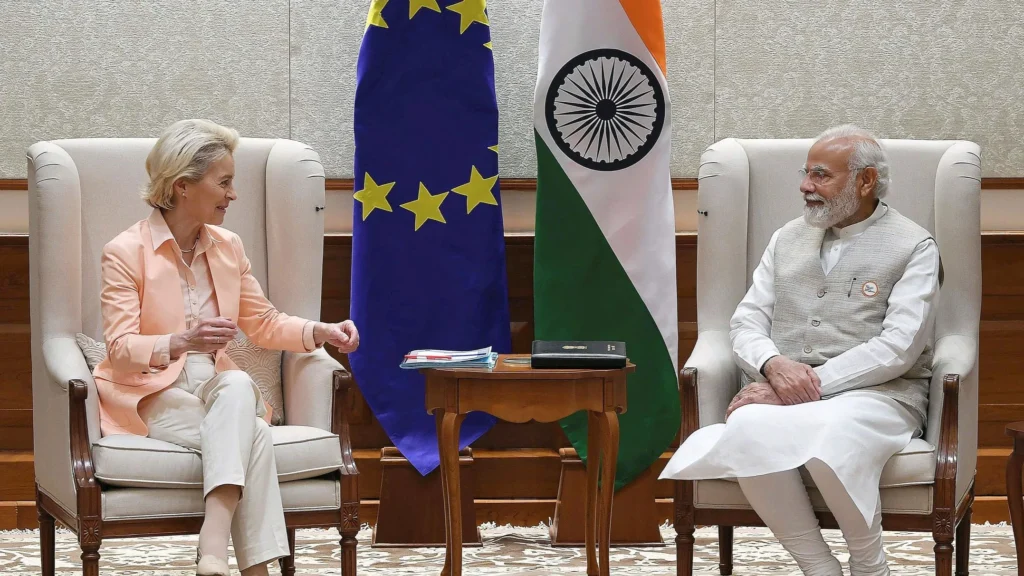
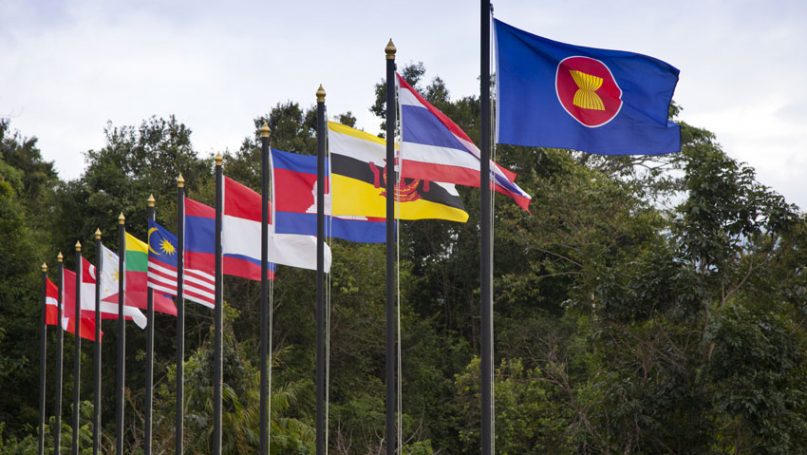
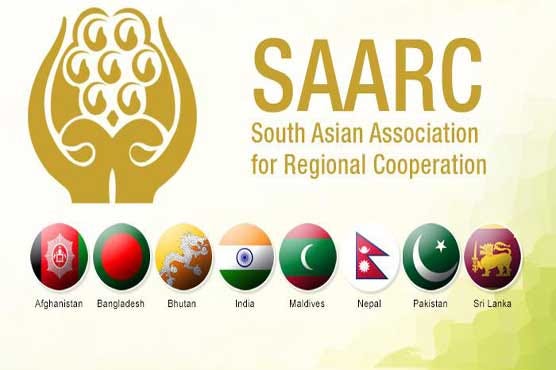
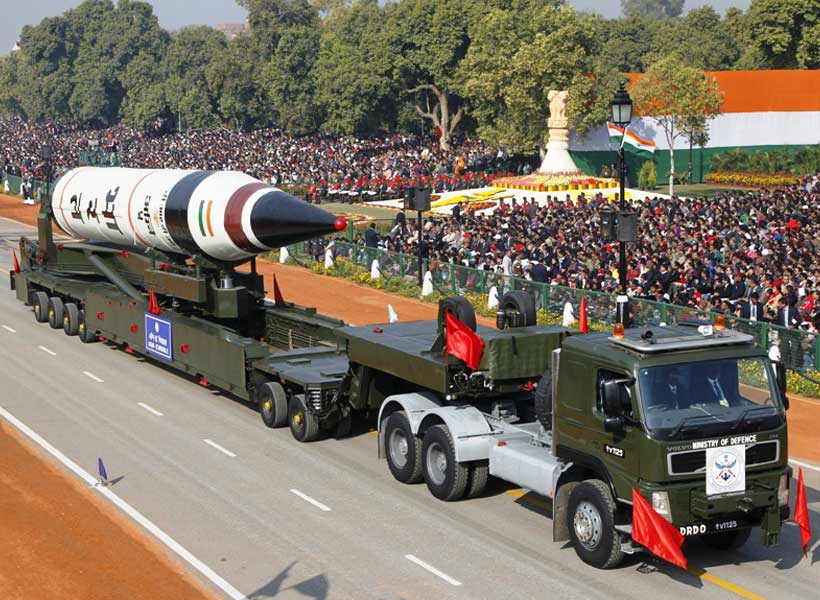
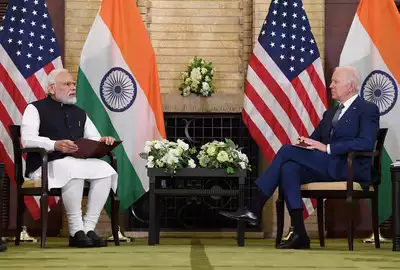
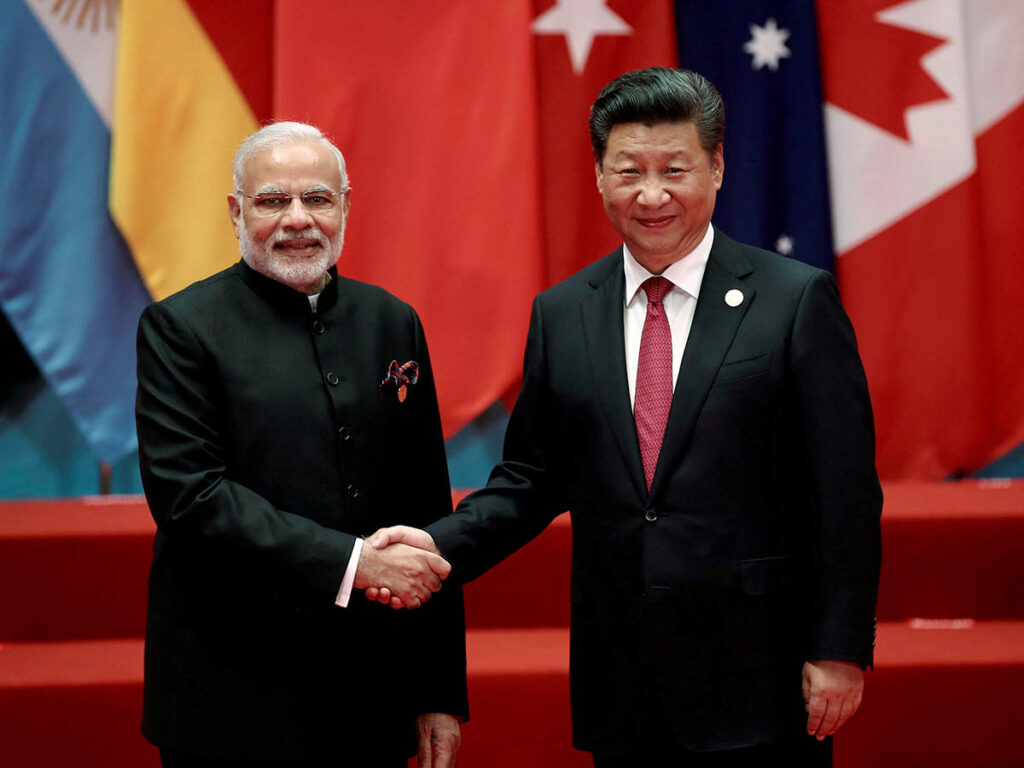
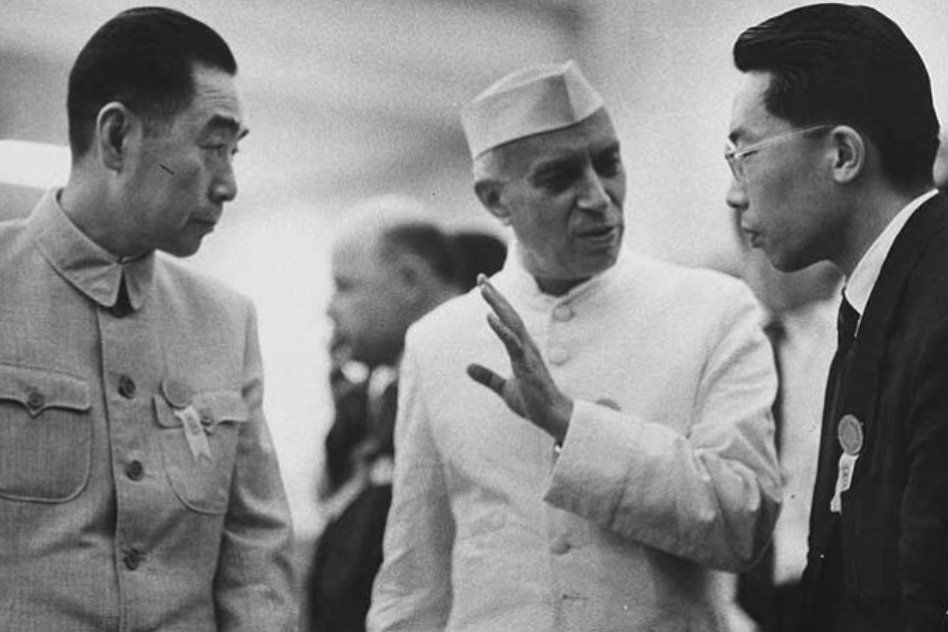


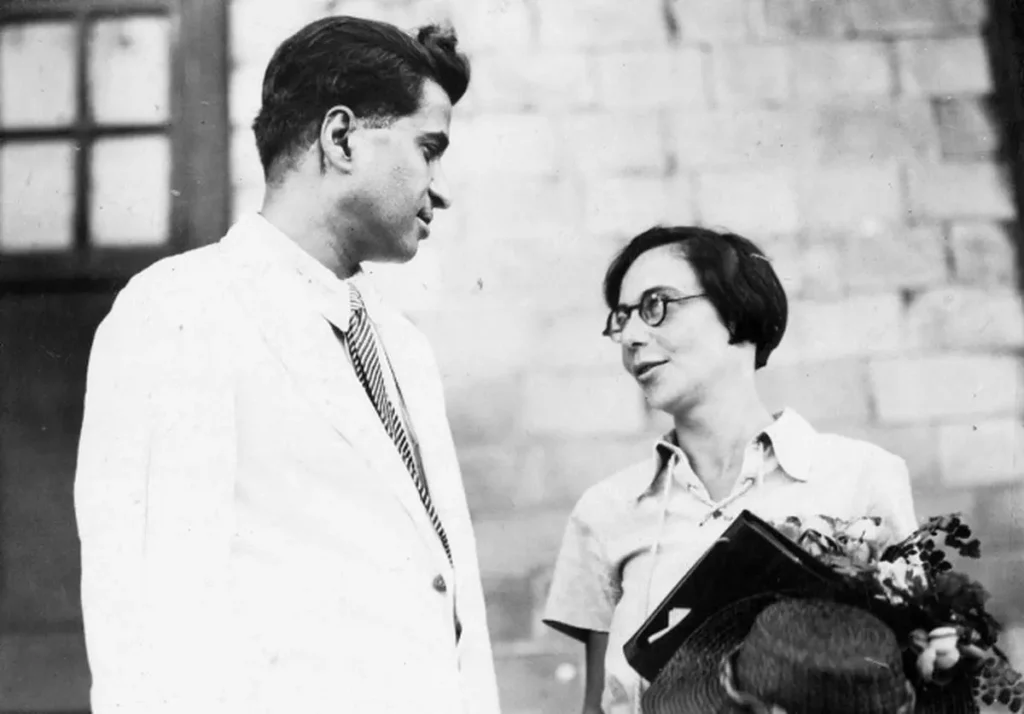


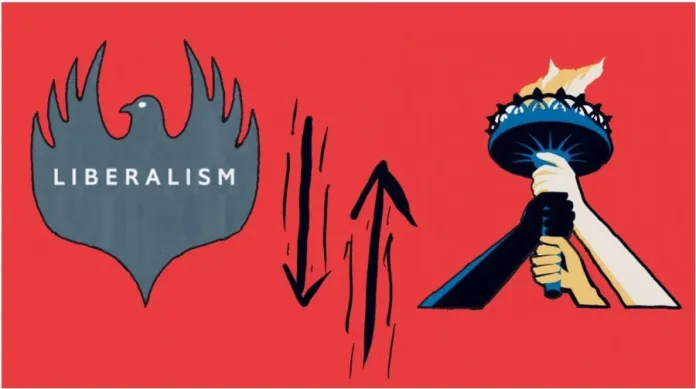
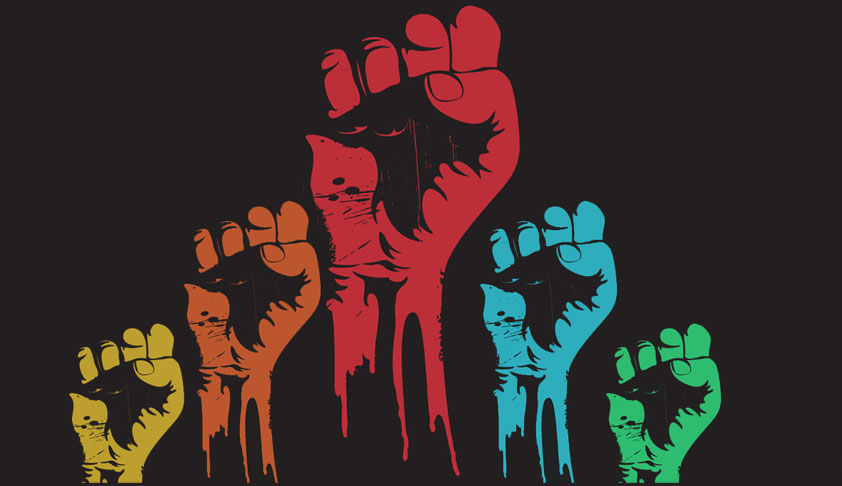


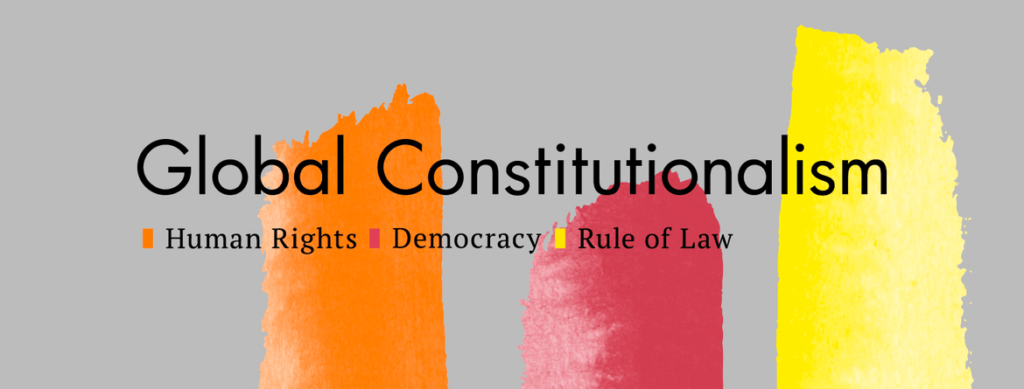
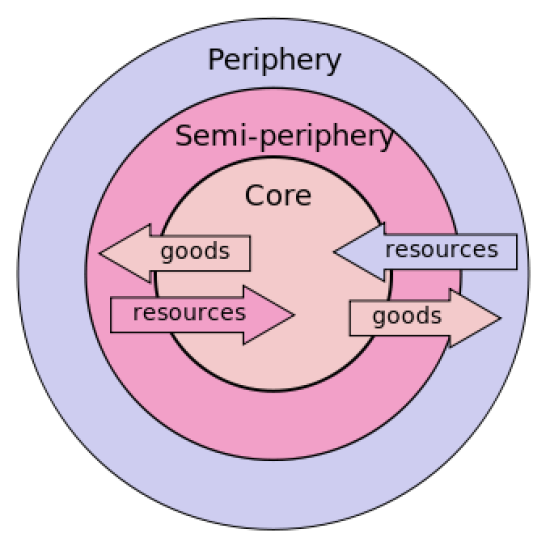

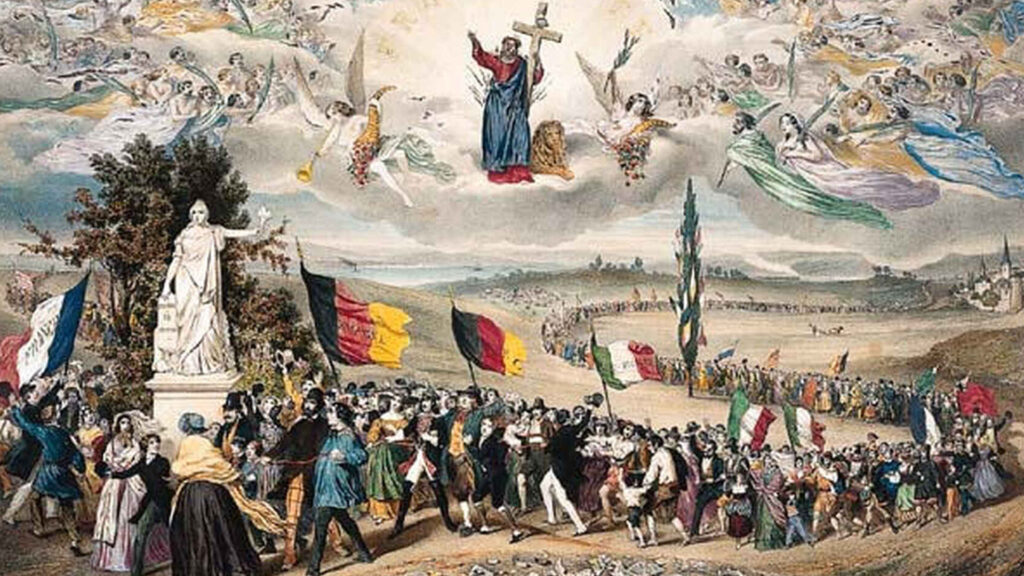
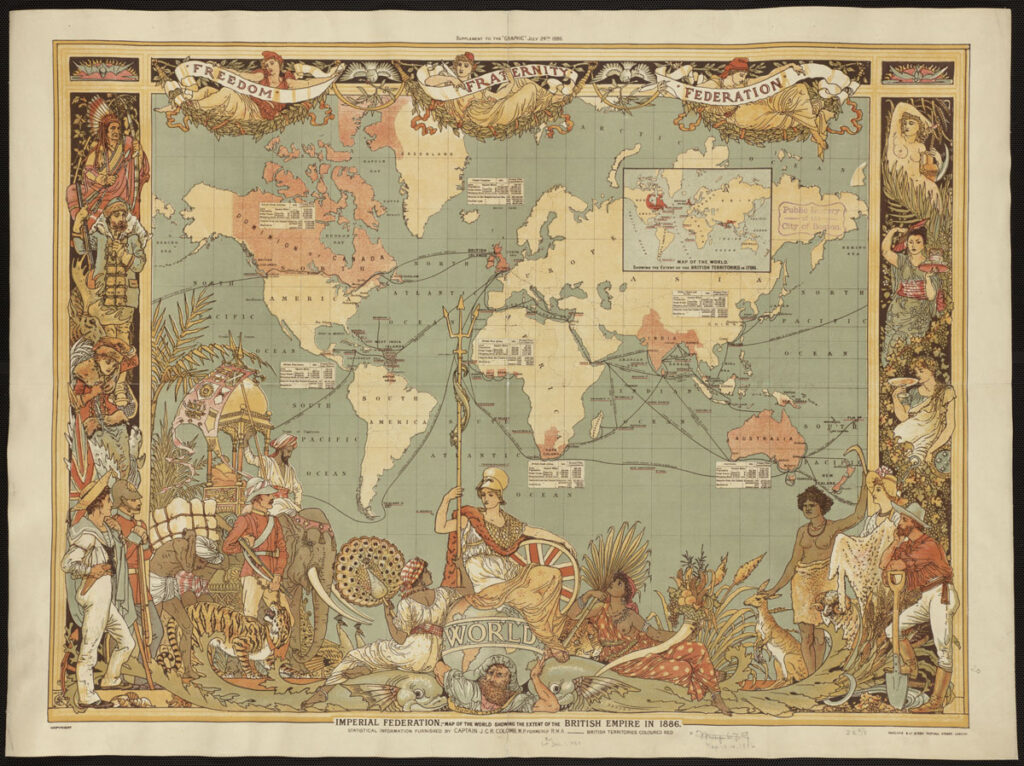
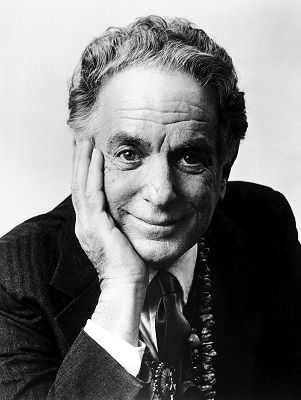

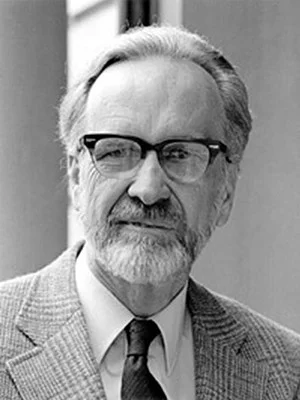
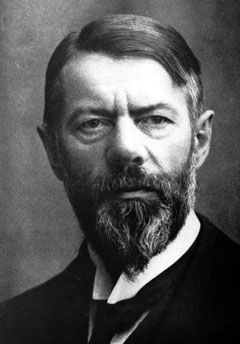
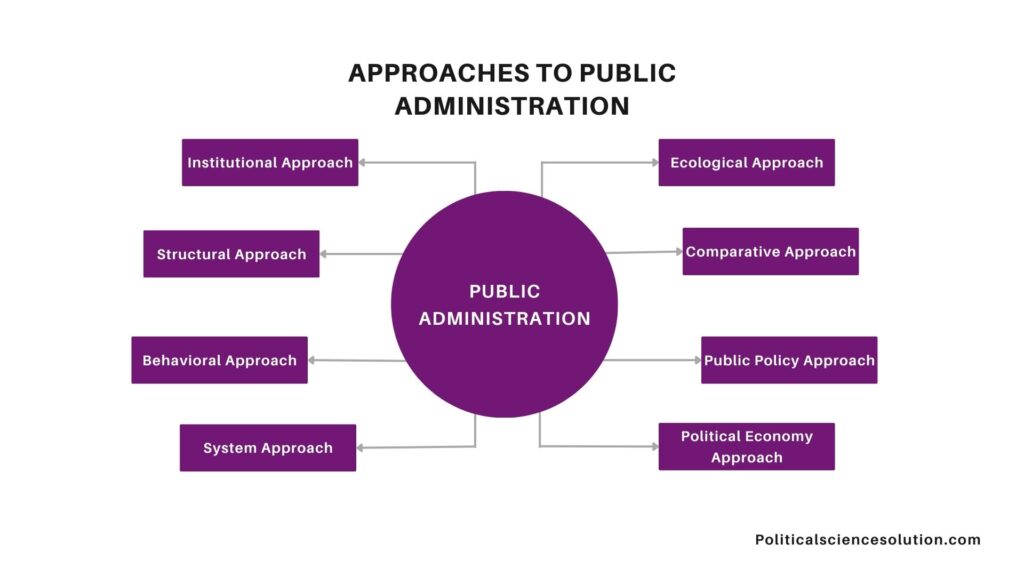

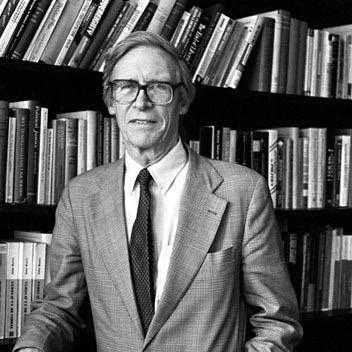
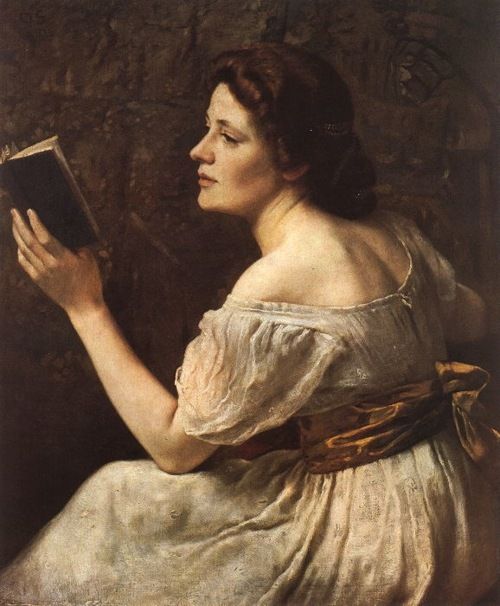
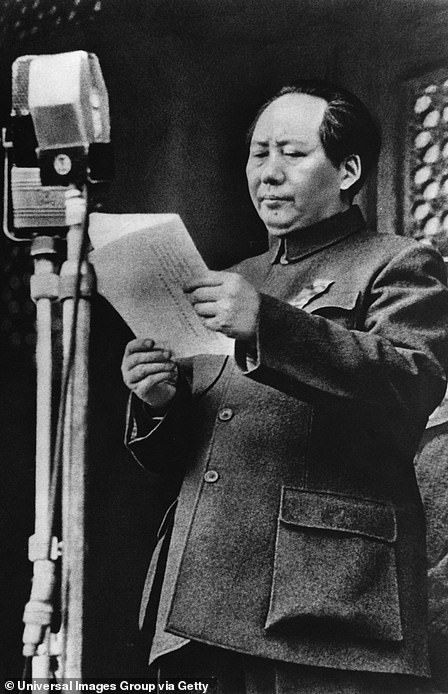
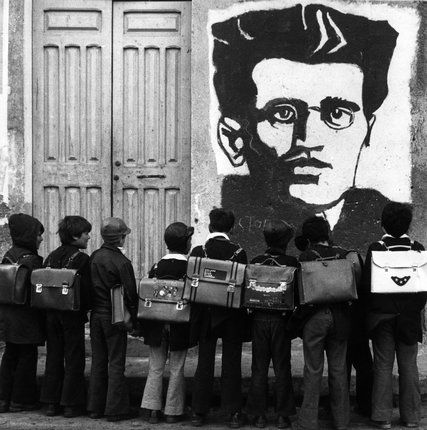
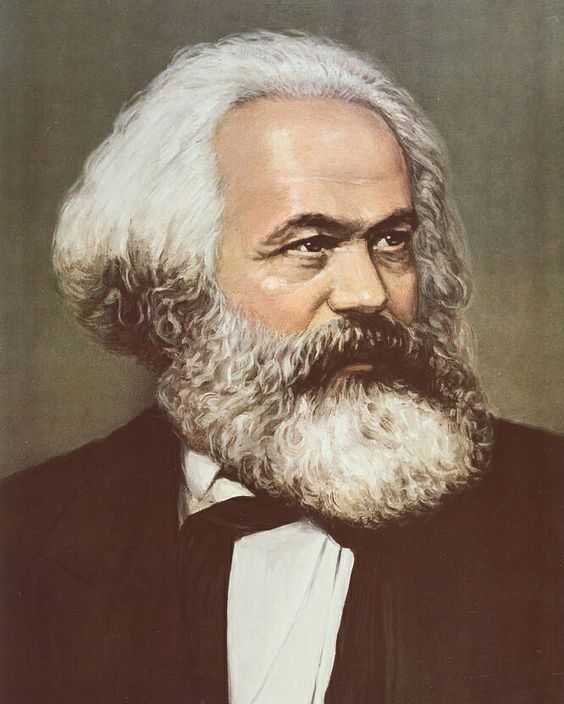
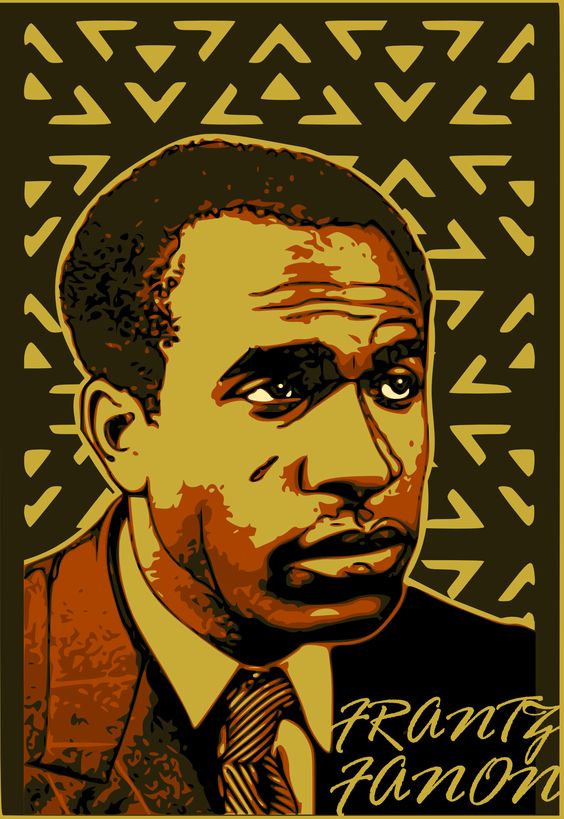
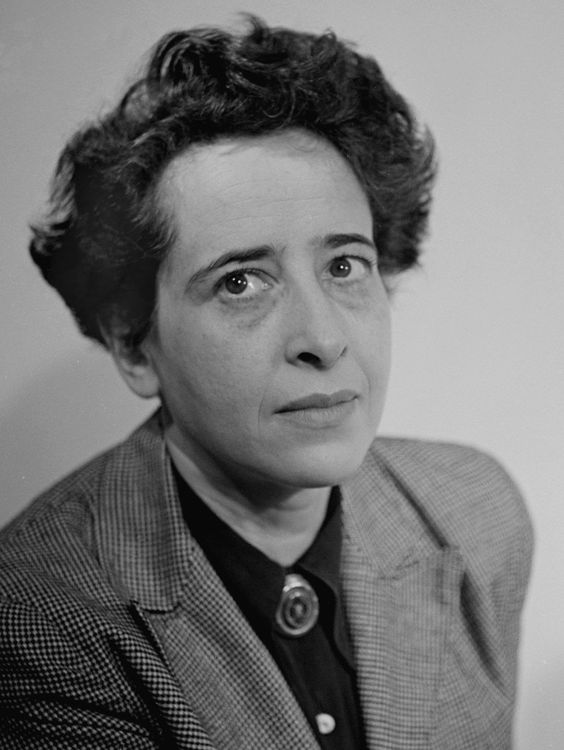
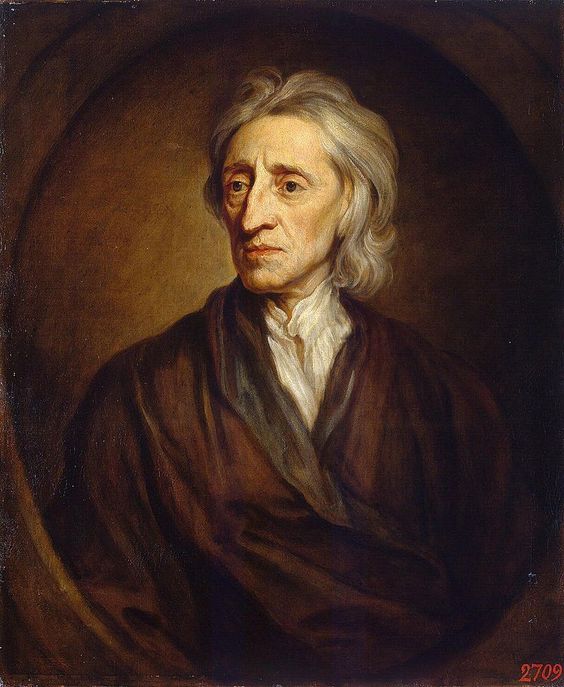
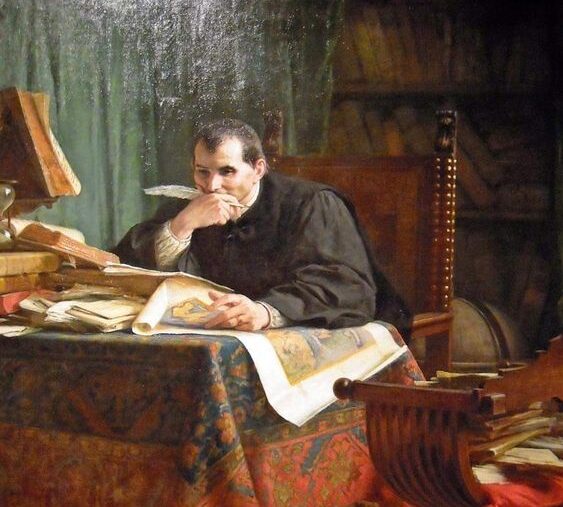
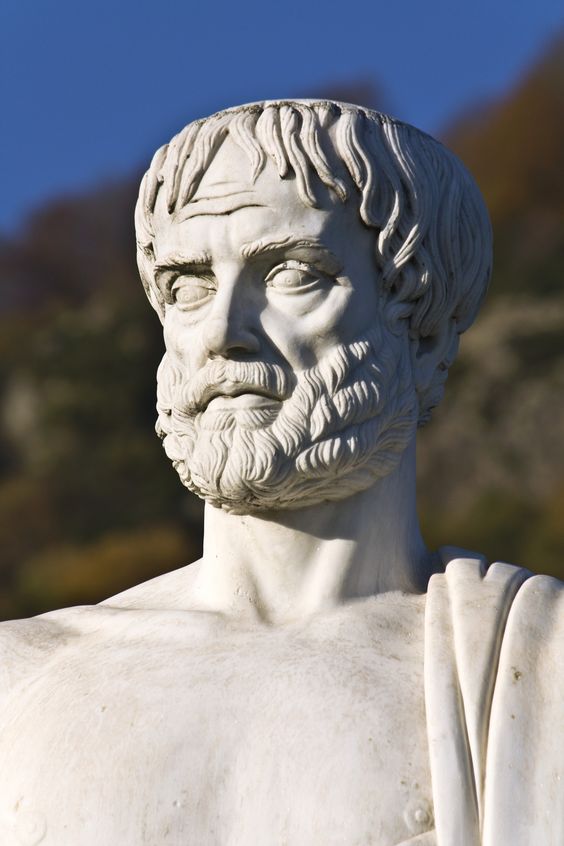
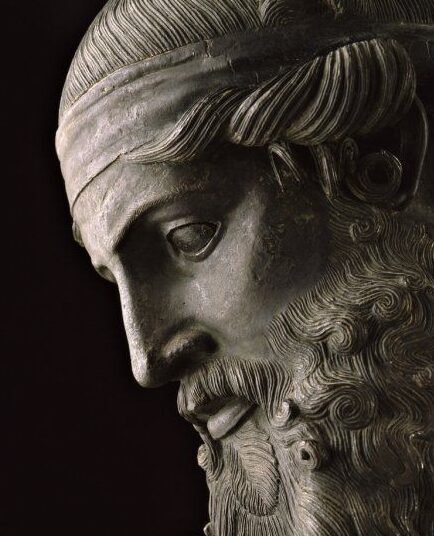

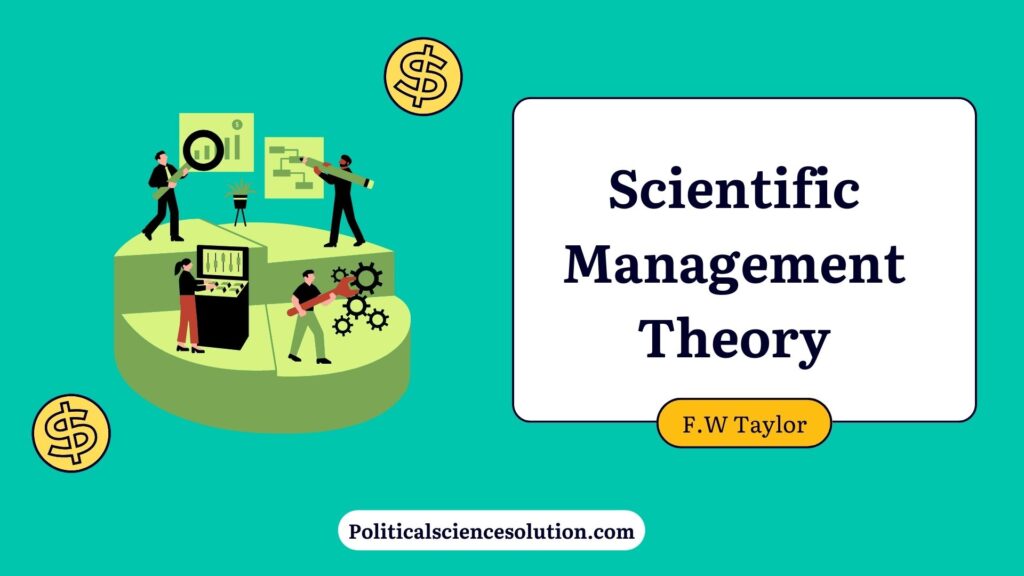

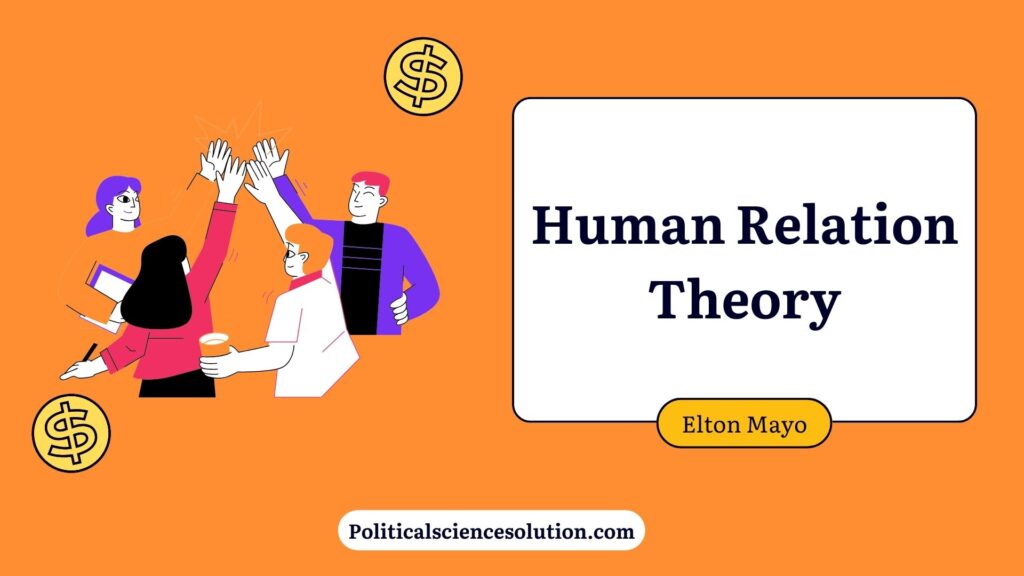
I am not able to subscribe please help
But Ma’am there is no subscription as of now. Everything is direct and free.